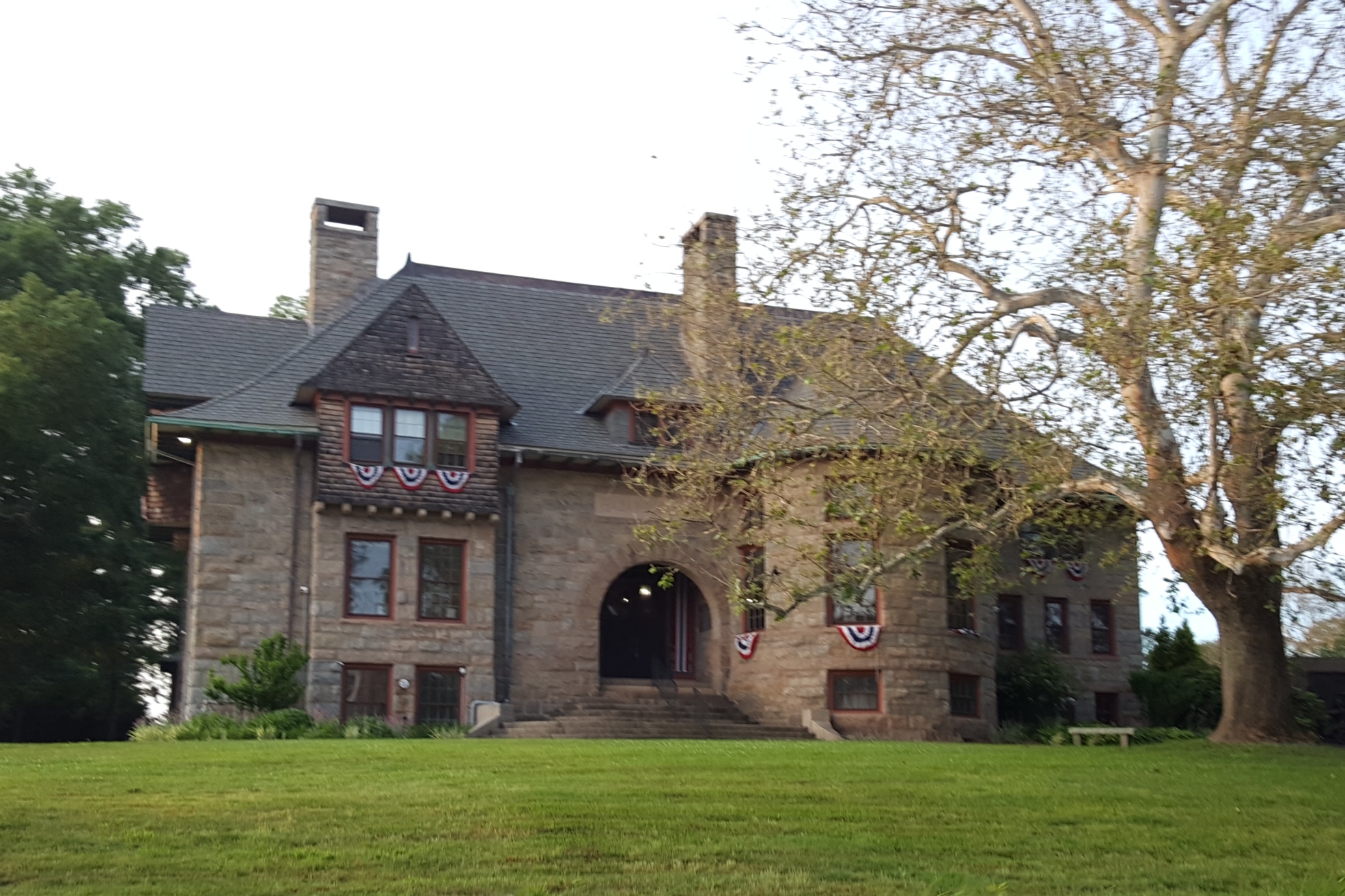Welcome to the Wakefield Doctrine (the theory of clarks, scotts and rogers)
This is the Six Sentence Story bloghop.
Hosted by Denise.
Constrained by a required number of sentences: Six.
Previously, on the Case of the Missing Fig Leaf…
Dr. Leanne Thunberg, chair of Radcliffe’s Department of Advanced Anthropology and Cultural Semiotics, grew up with a three-part dream: become a world-respected expert, find the love-of-a-lifetime and raise the perfect family. The unremembered dreams waking her in the sunless-hours of the morning suggested that one out of three wasn’t acceptable. Unlike many who, confronting an intractable problem in life or a will-sapping tragedy, will dive into work, hoping to find solace in exhaustion, Leanne found peace in the classrooms and the ivy-cliffs of the campus.
Prompt word:
CENTER
“Doc T, yo!”
The language of the young, seeking, as any group might, it’s own linguistic identity, was always a struggle between anagram and acronym; like popular music of one generation to the next, it’s timbre meant for a sensibility that was the first causality of maturity.
Leanne stopped and turned, taking in the center of the quadrangle, streams of students between classes dwindling, in fits and starts, like an aging athlete trying to recover from a demonstration of technique to a class of freshman sprinters.
Her smile in return had the tone, if not the experience, of a mother watching her son burst into the kitchen with a gold-starred, thumb-smudged piece of homework; the pleasure in watching the unaffected enthusiasm as the young man closed the distance between them, loping gait, streamers of flannel and brown hair, brought a sense of hope disguised as amusement.
“Slow down, Caden,” Shared laughter served to mark kindred souls by their enjoyment of words and language, a passport that recognized no border gates, be they credentials on paper or wrinkles, tugging at skin.
Watching her favorite student approach, Leanne resolved to double her resolve to exercise caution in her search for the reasons behind a senseless death; this world, the one in which she was most valued, insisted she accept the fact that, if the future held the answers to the questions she valued, the young were the natural, native guides.


 About clarkscottroger
About clarkscottroger
The master once again…is that your summer home
I wish… lol (actually is a library built in 1891 on the outskirts of Wakefield*) would live there if they wanted me to.
*that’s right, the Wakefield as in our eponymous blog
Excellent portrayal of educators who invest themselves in the future. Great Six!
Thank you, Susan (It was fun to discover more about one of my characters)
Interesting point at the end. If the future holds the answers, the young, with a future before them, are those best fit to guide one to it.
yeah… and I believe it too… unless I was one of the older ones…lol experience versus familiarity seems a long-standing debate
I loved the image and the picture of the ivy clad library at the top of the post just added an extra layer to the lovely shared memory.
Those young, ethusiastic minds can stretch so far.
agree (trying to remember, surely would have insisted I could lead the expedition (question is: how many of the original party that set out to explore, remain?)
Leanne Thunberg is a wise woman! I do love sentence 5 – “…Shared laughter served to mark kindred souls by their enjoyment of words and language, a passport that recognized no border gates, be they credentials on paper or wrinkles, tugging at skin.”
“be they credentials on paper of wrinkles”. Excellent.
liking Leanne funny about characters… have to remember to do this (let them lead) more as the story continues.
Such rich prose, as ever, and a wonderful evocation of idealised college life. Why was I suddenly put in mind of The Secret History by Donna Tartt, I wonder?
PS Love the look of that library, even if only from the outside.
Thanks Chris.
(looked up Secret History* ayiiee! how does one hold together such a dynamic and diverse group (of characters)..like ‘Ulysses’** meets ‘I Know What You Did Last Summer’ only. I’d read the book, but it’d probably bum me out. I can try and learn writing and rhetoric and such in fits and spurts. It takes me a week at least after absorbing what I can (and have been doing totally incorrectly) before I can sit at the keyboard.)
lol
*wikipedia is truly the Cliff Notes of the 21st C
** Joyce’s not Homer’s… (doh!)
Thoughtful piece this week, Clark, I liked it.
Thanks, c
And a little child will lead them (doesn’t quite fit the story, but it came to mind). Those linguistic identities of the young have been made easier to interpret with urban dictionary!
Good storytelling, Clark, the lens holding on to these two different-level characters finding themselves at the same institution in a moment of time.
Thanks, Ford.
There’s a benefit to the ‘Previously on….’ (besides reminding Readers of characters we haven’t heard from in a while), and that’s to watch them in a situation outside the immediate narrative context… (risky as it might be… in my experience, there have been times, when ‘following a character’ I get, all, wait! wth?! you can’t do that/sound like that/be like that!!)